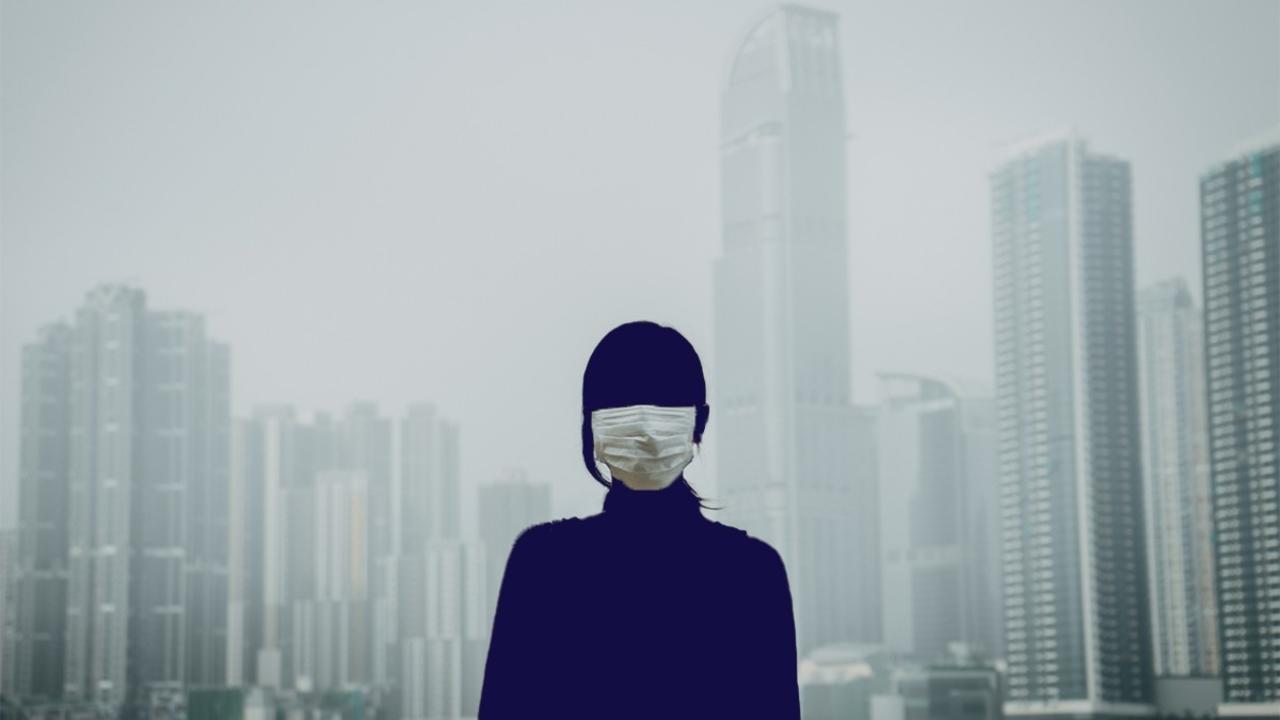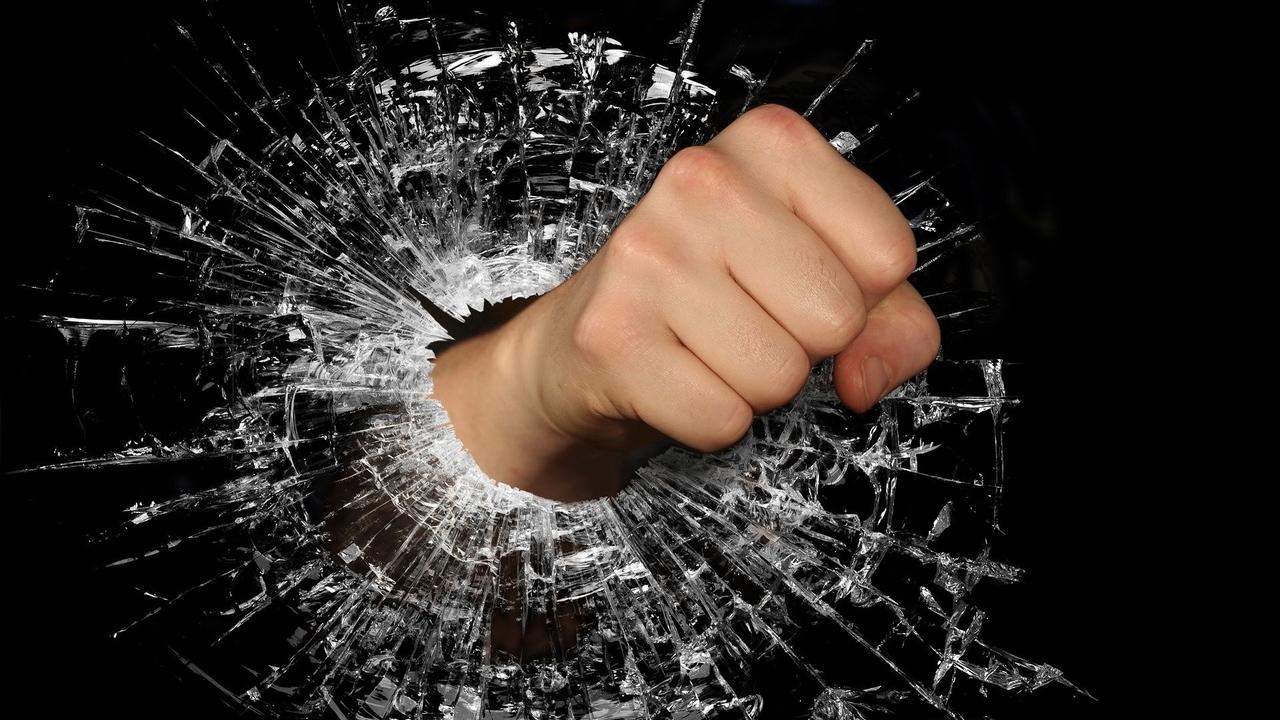COVID-19 and spiritual life: dealing with the stress and emotions of your family

Music Is a Universal Language That Touches Our Soul And Nourishes our Brain

5 Surprising Facts About Rejection Sensitivity

How do you deal with Rejection?
Did your heart start racing in anticipation? Does your mind and body get overwhelmed? Did you anxiously expect? Or intensively react to rejection?
Some people have “high rejection sensitivity”
This article interestingly points out that those who are highly sensitive to rejection:
👉🏽 Are physiologically more on alert when they’re reminded of rejection cues
👉🏽 have specific ways their brain and bodies behave, and often very real consequences it lights up neural fireworks which runs rampant.
👉🏽it’s not that unpleasantness activates this for them its specific to rejection
👉🏽 women, specifically, engaged in more negative behaviours after a relationship conflict, such as being hostile, denying responsibility, putting their partner down, or making negative assumptions about their partner.
So,
What can help someone to overcome high rejection sensitivity? (Tips from me and this article)
🌺 Delay Gratification at a young age (turns on the area that regu
...Working From Home During The Coronavirus Crisis Is A Recipe For Burnout, Experts Say

Working from home maybe difficult at this time.
Having kids at home can make it harder.
There is no separation of “work time” and “leisure time” it all gets blended.
Keeping my day schedule similar to my days when I went physically to work has helped me to stay productive.
Perhaps like you , with my kids being home I have to find ways to balance seeing patients, their schoolwork, housework, self care time and family time.
This article (that my friend has contributed to, Dr. Jasleen Chatwal) talks about the pressure of being at home and trying to be productive an interesting and informative read. Click the link to read it.
These are some tips I have found helpful for myself:
🌟SCHEDULE YOUR DAY (I am posting a short video on this soon)
🌟SIT NEAR A WINDOW when working
🌟TAKE OUTDOOR BREAKS (sit outside for 10min breaks)
🌟MEAL PLAN for the week
🌟MOVE OR STAND (sit-stand desk, while working)
🌟PRE PLAN activities for your kids
Thrive Bites Podcast - Staying Well Amongst COVID-19

I was delighted to take part in a podcast with Dr. Colin Zhu, the Chef Doc and Dr. Ingrid Edshteyn as part of the Thrive Bites COVID Special Series.
We talked about how do we stay well amongst ourselves and with loved ones through meditation, yoga, fitness and shifting our perspectives.
You can check it out here.
Honouring and Serving
Simran Rattan
That Discomfort You’re Feeling Is Grief

This article talks about grief and emotions and how recognizing our discomfort is important to help us through the anxiety.
Being able to know and be aware of what emotion we are feeling can help us manage them.
The unknown, the lack of control, the deaths, the shock, the nightmares, the pressure of decisions that may affect a life, amplify the grief within.
If we do not have clarity on what our grief is we can let it consume us and result in emotional and spiritual distress.
A few things to help with grief are (on top of seeking professional help):
1) Do not stop your pain from surfacing it will only make it worse in the long run.
2) Remembering there is no specific "time frame" in which grieving must be done in.
3) Know that crying is not the only way to know you are grieving, you may have pain that is not expressed this way, but another way.
4) Seek out face - to -face (in the pandemic through phone or virtually) support from those that care about you or a health professio
...Woebot

Woebot, an app to help anxiety? It exists.
I Tried it and I was pleasantly surprised!
It’s a scary time in the world right now and an app called Woebot is offering to help with "Tiny conversations to feel your best.” I decided to check it out to see if it may help those who are suffering anxiety and fear around the pandemic. And I was pleasantly amazed how it focuses on the positive.
It highlights the positive collaboration and acts of kindness that people are doing right now during the pandemic:
It highlights the viral video of people in Italy singing from their apartment windows to keep each other's spirits up. 🎤
It creates a feeling of heartfelt warmth by telling us of low-risk people signing up to do odd jobs for the elderly who can't leave their houses.
It reminds us about how good it feels to do things for others.
Woebot also smartly tells you how it’s trying to shift your perspective. One way it does this is by comparing and creating a picture that stimulates an emotional res
...Community Circle

Creating harmony within by connecting to your community circle. Your person.
Who is part of your community circle?
Has physical distancing made you feel less connected? Social connection is a vital part of your being. It is the secrets sauce to wellbeing. You’re social interactions can still continue to be even though you are physically distant.
Virtual is one way, another thing you can do to feel connected is by going within. Connecting yourself to your inner life force that connects us all.
Consider this exercise to help you feel connected those you can’t see physically. Think of the people in your circle. Choose someone to think of specifically. Close your eyes and imagine they are in front of you.
What emotions do you feel or pops up for you? Embrace that feeling now and fill your heart with more love.
Find 3 positive words to describe your relationship with that person.
Then imagine sending those feelings out to them.
Then open your eyes and give thanks for having this p
...Loneliness in the Workplace

Are you a leader in your workplace or health institute? How often do you connect with the people around you? As a leader, How do you create a welcoming and spirited environment?
The need of the spirit to connect can effect the motivation of people in the workplace. More and more people are not connecting to each other at work and are in fact very lonely.
Did you feel lonely during your training as a health professional? How many times did someone in authority or leadership role take that extra time to get to know you as a person, beyond your work settings? Loneliness is becoming much more common in the workplace.
This Forbes article talks about loneliness in the workplace and how it effect’s productivity.
“Lonely workers take twice as many sick days and demonstrate less commitment and weaker performance. Their emotions can spread to others, as well, causing a ripple effect throughout an organization.”
Today’s Technology helps people to think they are connected. The truth is this
...Breaking Delusion

Some people choose to move through life burying their head in the sand and some choose to be brave and face the truth.
How do you stop seeing things the way you want to see them, as opposed to the truth that might be right in front of you?
We choose to bury our heads in the sand and not see the truth. A common example is getting stuck in unhealthy relationships. This has happened to me. I remember convincing myself that it was healthy but deep down I knew it was not. I knew the struggle was my ego battling my spirit. I chose to ignore the struggle within. I chose to be blind and bury my head in the sand. All because I was afraid of a painful outcome. One that was not to my ego’s liking. I was denying myself the truth. I didn’t listen to others who so graciously pointed it out. I didn’t listen to that obvious discomfort that was always there in the pit of my stomach and in my heart.
Despite my refusal to listen to the voice of others and my own, there was always a consistent strong, ...
